On the final day of Al-Hidayah 2025, Prof Dr Hassan Mohi-ud-Din Qadri delivered an emotionally powerful keynote exploring the life, legacy and spiritual stature of Shaykh-ul-Islām Dr Muhammad Tahir-ul-Qadri. Titled “Who is Shaykh-ul-Islam?”, the lecture went far beyond biography. It served as a spiritually rich exposition on the concept of divine selection, scholarly inheritance, and the enduring presence of revivalists (mujaddideen) in the Ummah.
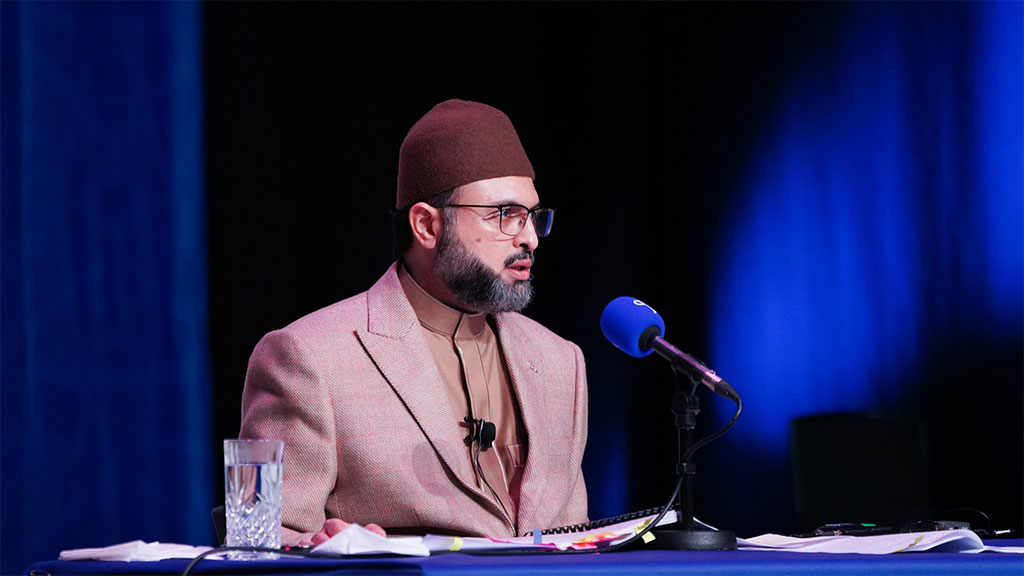
The lecture began by invoking verses from the Qur’an, particularly Surah al-Nisā’ (4:65), to explain how Allah guides us to recognise the ṣādiqīn (the truthful), those chosen and purified by Allah. They are the protectors of the Sunnah and the upholders of taqwā and prophetic legacy. Their company brings about remembrance of Allah, their faces remind one of the Divine, and their presence revives the love of the Prophet ﷺ. These gharabā’, or strangers, are the revivers of religion at times when the Sunnah is being forgotten. In every century, Allah sends someone to restore clarity, balance, and guidance in the Ummah. In our era, that role is fulfilled by Shaykh-ul-Islam.
Prof Dr Hassan traced Shaykh-ul-Islam’s spiritual and intellectual lineage to three towering mentors who shaped his foundations in traditional Islamic sciences: Shaykh Abul Barakat Sayyid Ahmad al-Qadri (spiritual training), Shaykh al-Hadith Fazal Karim (Hadith transmission), and Mufti Abdul Qayyum Hazarawi (Hanafi jurisprudence). From this grounding, Shaykh-ul-Islam emerged not merely as a scholar, but as a mujaddid of this age, unique in temperament, spiritual aura, and encyclopaedic in knowledge.
Dr Hassan detailed the scholarly and spiritual recognition Shaykh-ul-Islam has received globally. He highlighted the profound reverence shown by Hadhrat Khawaja Muhammad Qamar ud Din Sialvi, the Shaykh-e-Tareeqat of the Chishti Order at Sial Sharif (1906-1981), who once stood before thousands and declared the young Tahir-ul-Qadri to be “the pride of Islam” and “the star on the sky of knowledge.” Similarly, Hadhrat Allama Syed Ahmad Saeed Kazmi of Multan (famously known as Ghazali-e-Zaman, 1913-1986) would study Shaykh-ul-Islam’s early published lectures and benefit from them, acknowledging their depth and brilliance.
The lecture also reflected on how scholars from the Arab world held Shaykh-ul-Islam in high esteem. Al-Shaykh Sayyid Alawi ibn Abbas al-Maliki, teacher in Masjid al-Haram for 30 years and father of Al-Shaykh Muhammad ibn Alawi al-Maliki, deeply respected Shaykh-ul-Islam’s erudition. His son, Al-Shaykh Muhammad ibn Alawi al-Maliki (1944-2004), a prominent theologian and scholar of Makkah, viewed him as a true bearer of Prophetic knowledge, referring to him not as an ‘ajami scholar but as a real Arab in his spirit and depth. Similarly, Al-Shaykh Abd al-Razzaq Sa’adi of Iraq and Al-Shaykh As’ad Sa’eed as-Sagharji of Syria, a leading Hanafi jurist and author of Al-Fiqh al-Hanafiyyah wa Adillatahu, expressed the highest regard for Shaykh-ul-Islam’s scholarly authority, character, and commitment to the Ummah.
Prof Dr Hassan then narrated a deeply moving spiritual encounter from Shaykh-ul-Islam’s youth. At the age of 12, his father Hazrat Farid-e-Millat, a saintly figure himself, spiritually presented his son at the court of the Holy Prophet ﷺ. While standing alone with closed eyes, reciting salawat and weeping in ecstasy, the young Shaykh-ul-Islam was spiritually visited by the Prophet ﷺ, who offered him a vessel of milk as a symbol of sacred knowledge. Though he poured and distributed it, the vessel never emptied. This became a metaphor for his life: a ceaseless outpouring of prophetic knowledge, love and wisdom. Even today, Shaykh-ul-Islam recalls the fragrance from that sacred moment.
His contributions are immeasurable over 40 volumes of Qur’anic commentary, more than 60 encyclopaedic works on theology, jurisprudence, spirituality, and contemporary issues. He issued one of the world’s most comprehensive fatwas against terrorism and continues to be a leading authority on the reconciliation between classical scholarship and modern realities. His teachings reflect the depth of Imam Abu Hanifa, the spiritual insight of Imam al-Ghazali, and the unifying vision of the great imams of our past.
Shaykh-ul-Islam stands today as the inheritor of Prophetic wisdom, the reviver of this century, and a gift of Allah to our generation. Through Minhaj-ul-Quran International, he has not only revitalised knowledge but also built a movement that fuses scholarship, activism, spirituality, and reform, serving humanity in over 90 countries.
As Prof Dr Hassan concluded, the question remained open, as it did at the beginning: Who is Shaykh-ul-Islam? While we may describe, reflect, and testify to his impact, ultimately, only Allah ﷻ and His Beloved Messenger ﷺ know best.
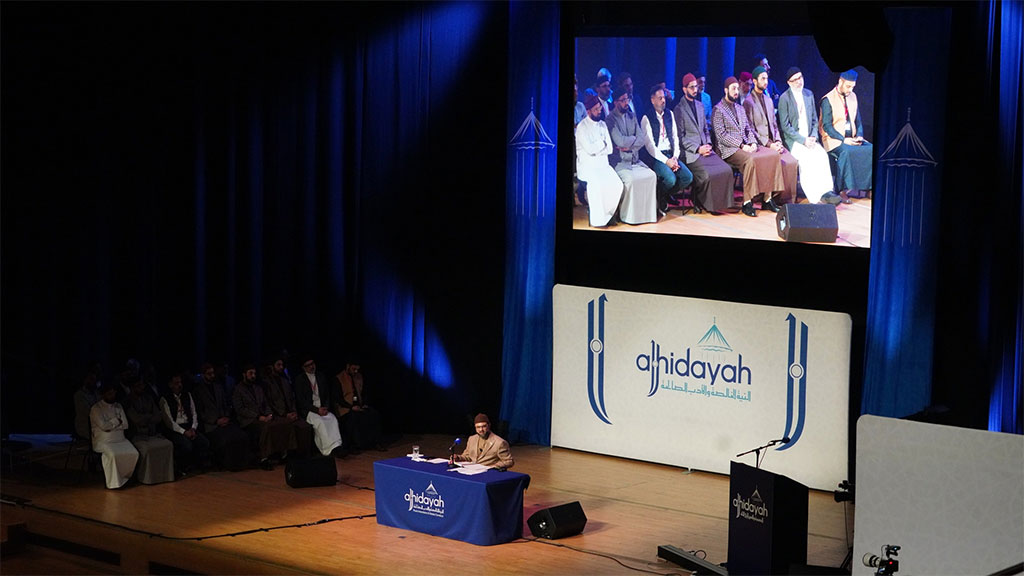
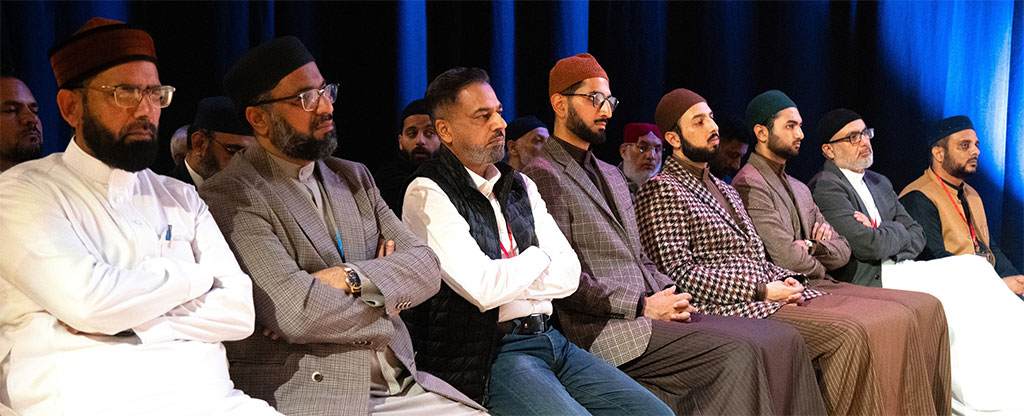
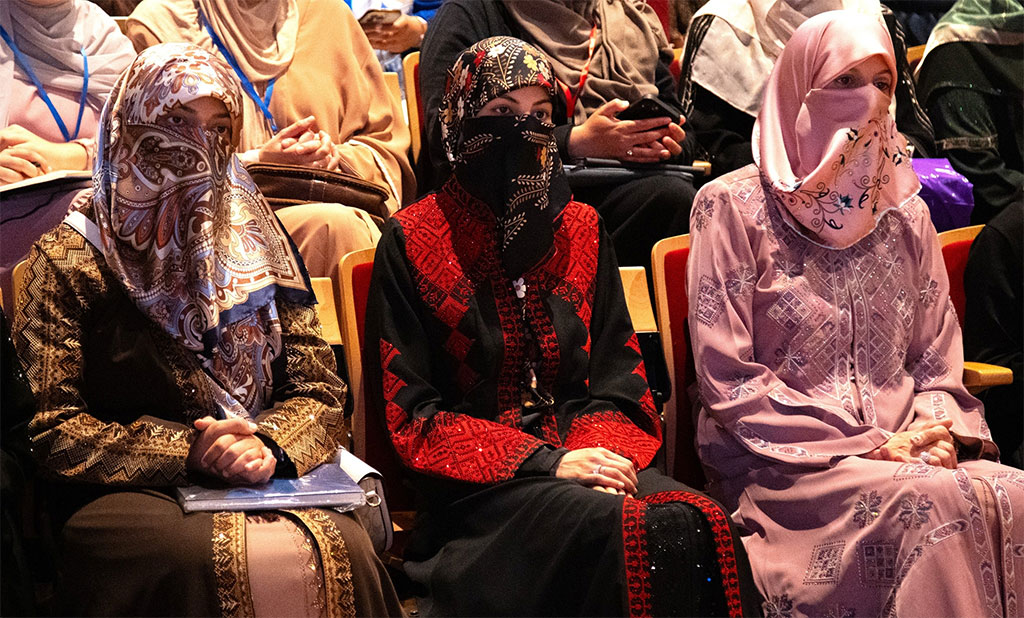
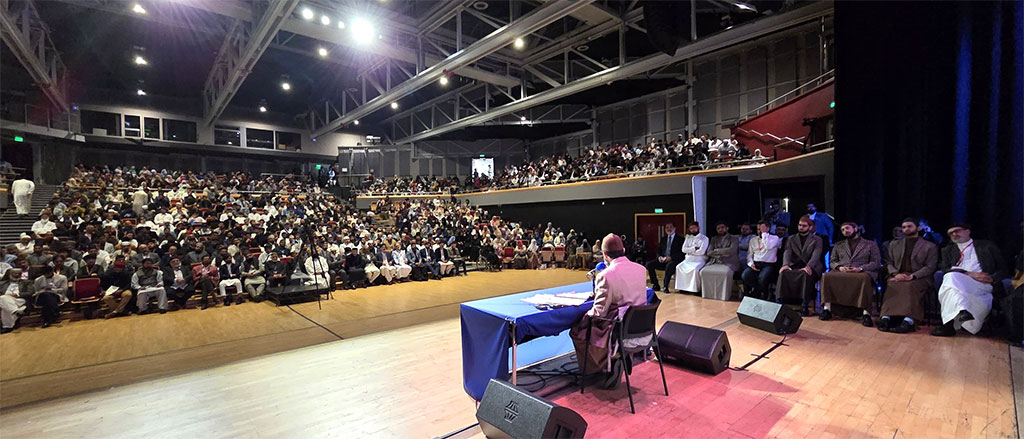
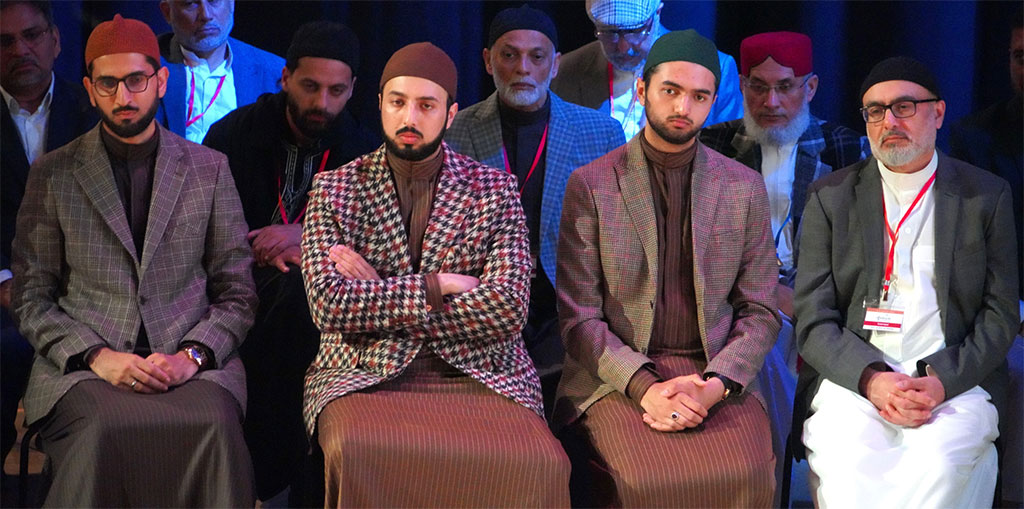
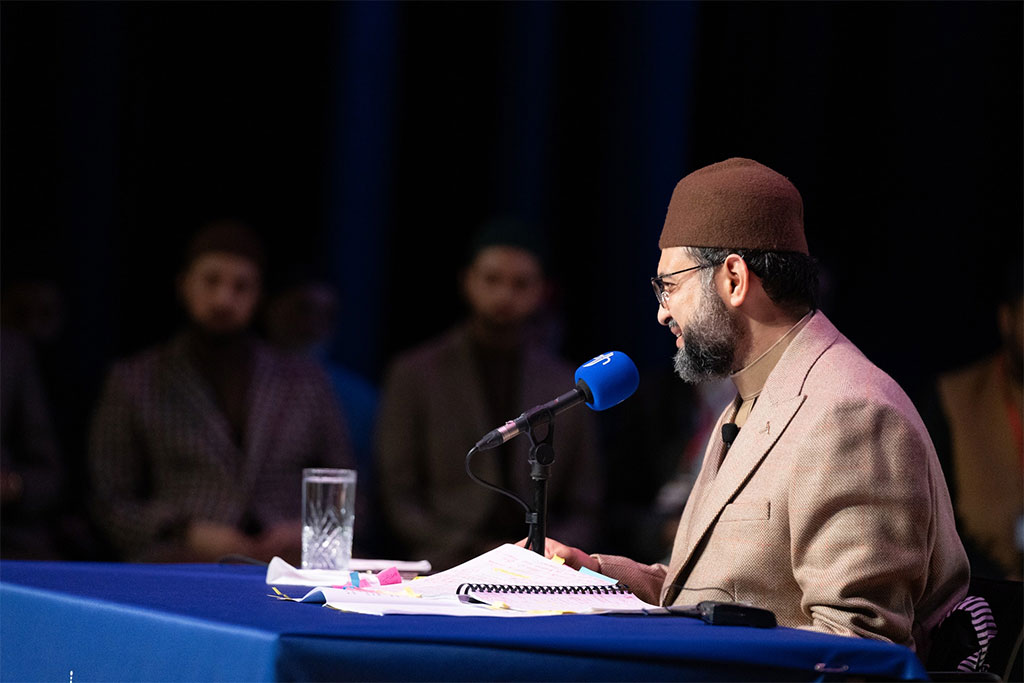
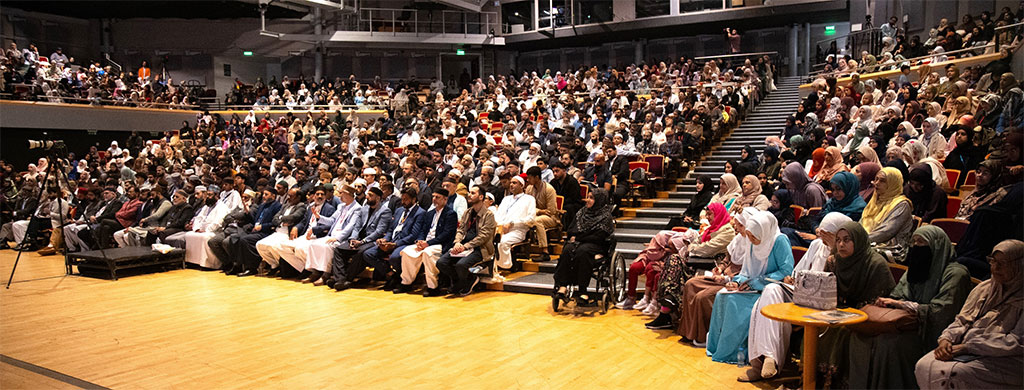
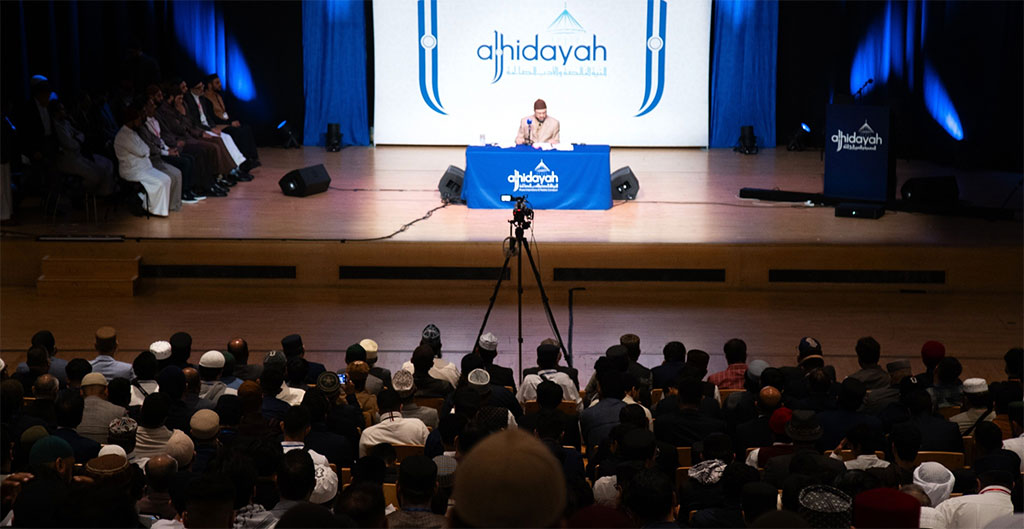
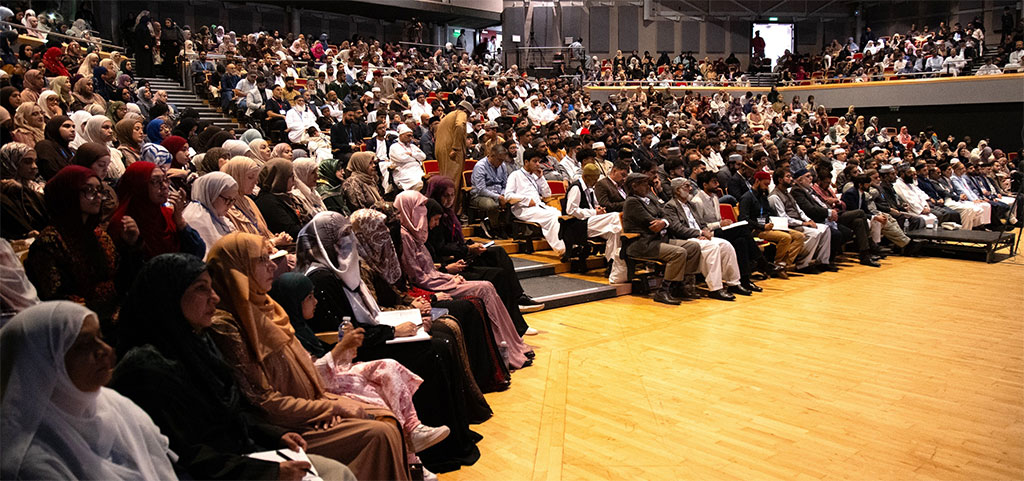
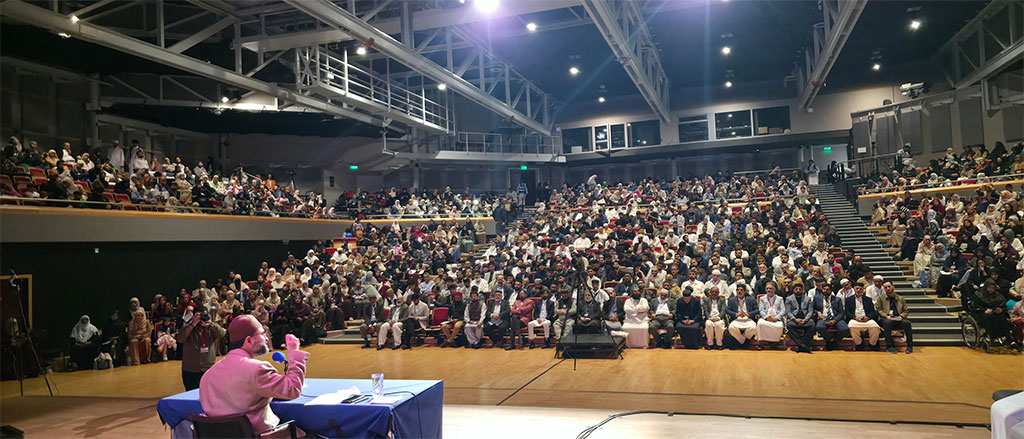
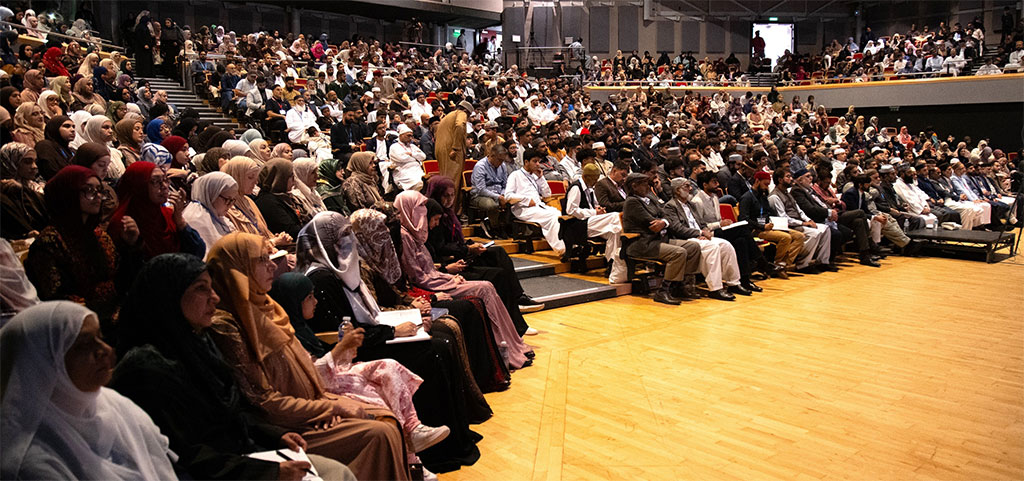
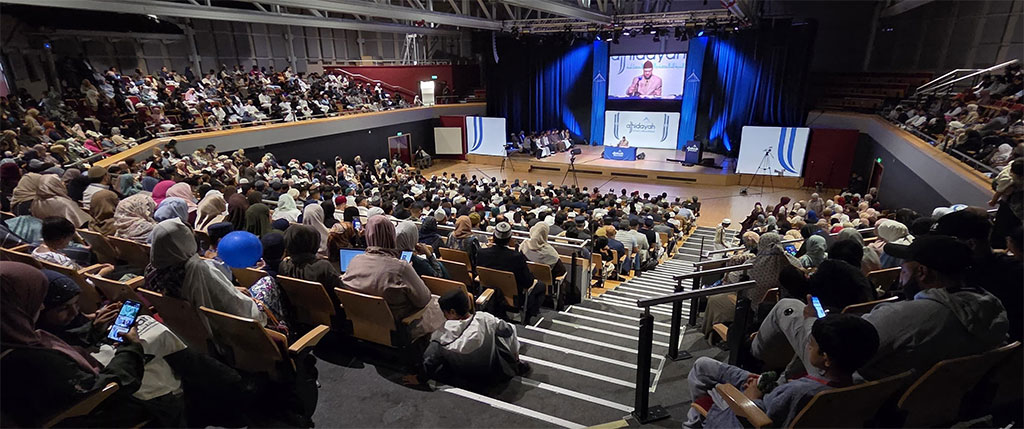
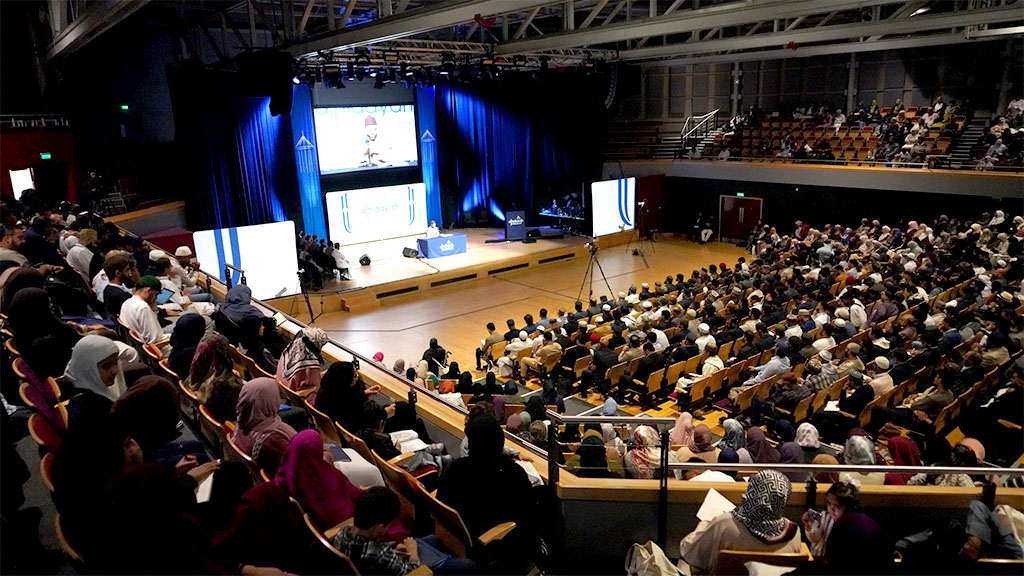
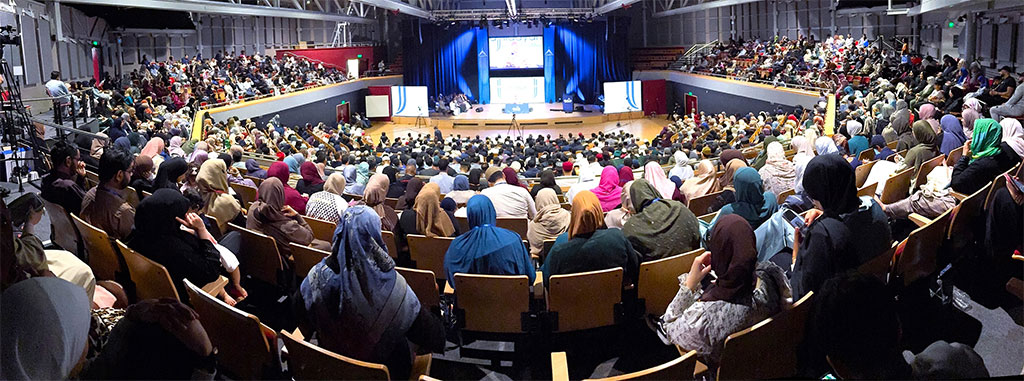

Comments